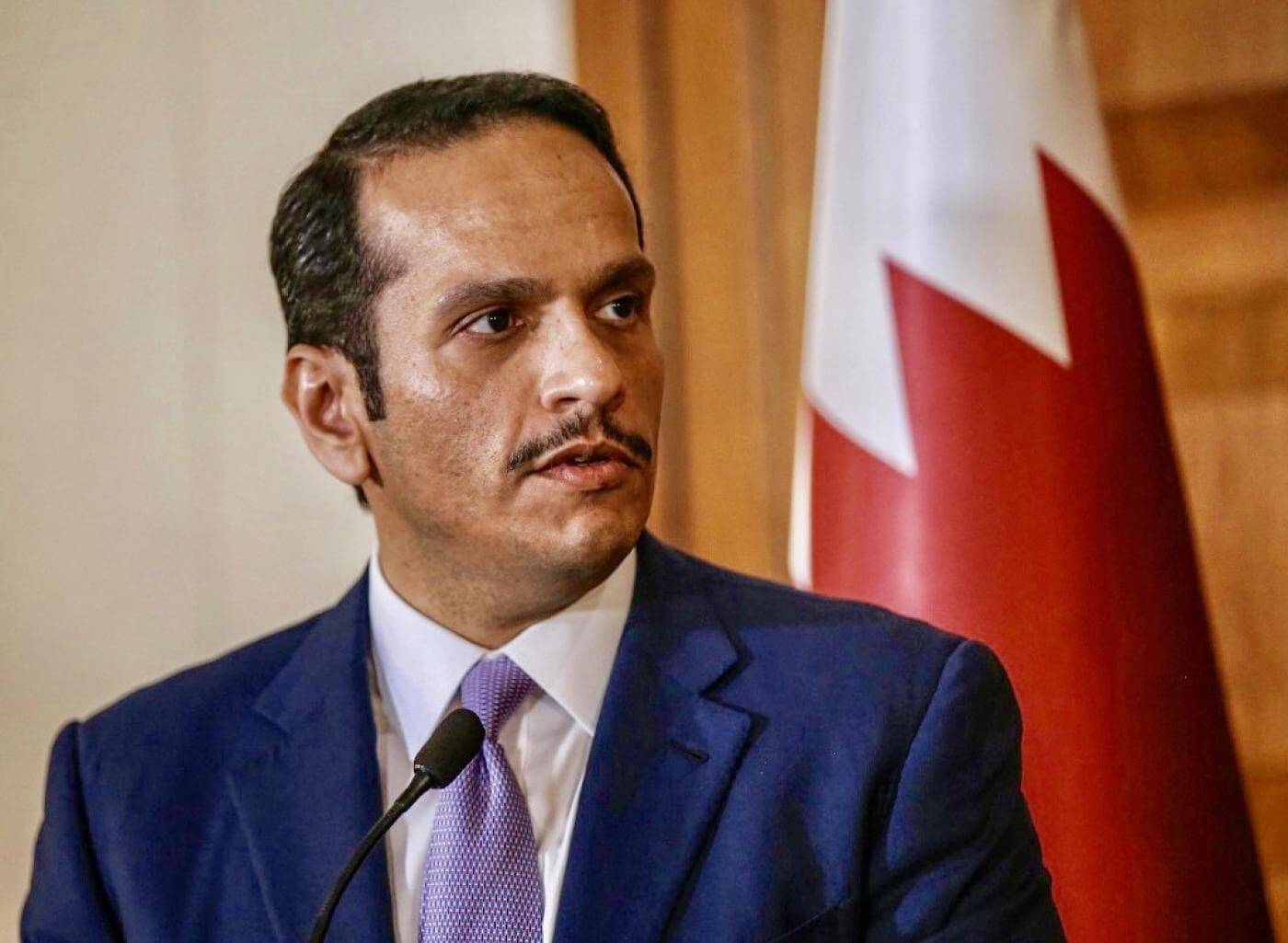Qatari Foreign Minister Sheikh Mohammed Bin Abdulrahman Al-Thani said on Thursday, that Qatar will not alter its relations with Iran and Turkey following the signing of the reconciliation agreement by Gulf leaders at the 41st Gulf Cooperation Council (GCC) summit in Al-Ula, Saudi Arabia on Tuesday.
During an interview with the Financial Times, Thani insisted that Doha’s agreement to cooperate on counter-terrorism and “transnational security” with Saudi Arabia and other states does not change its relations with Tehran and Ankara. “Bilateral relationships are mainly driven by a sovereign decision of the country . . . [and] the national interest….So there is no effect on our relationship with any other country,” he said.
Referring to the decisions made by Saudi Arabia and its allies to lift the travel and airspace ban he said: “Hopefully within a week from the signing things should take the steps to come back to normal.” He further added the other nations involved in the Gulf dispute “will have the same political will as the Saudis, and they will find Qatar has political will to engage.”
Commenting on the 41st GCC summit that took place earlier this week, he said that “all the states were winners”, but acknowledged that it could take time for a full reconciliation. He concluded his interview by saying: “It will take some steps among the countries to rebuild the relationship . . . there will be differences, some outstanding issues that will be discussed bilaterally between the countries. Each country has a different set of disagreements with Qatar.”
Doha ended its three-year-long rift with the Saudi-led regional alliance this week by signing a “solidarity and stability” agreement with Gulf leaders during the annual GCC meet in Al-Ula. The details of the deal, however, have not been made public yet.
In 2017, Saudi Arabia, along with the UAE, Bahrain, and Egypt, cut ties with Qatar, accusing Doha of supporting radical Islamist groups in the region and having warm relations with Iran. Consequently, the nations imposed a land, sea, and air blockade on Qatar. The travel ban was further supported by Jordan, Maldives, Malaysia, Yemen, and the Tobruk-based government in Libya. This blockade has now been lifted via the agreement reached at this week’s GCC summit.
Even though the agreement has not changed anything about Qatar’s attitude towards Iran, there has still been a notable shift in Riyadh’s policy towards Doha. With Joe Biden winning the 2020 United States election, Saudi Arabia may be taking interest in mending its relationship with Qatar in the hopes that Biden will, in turn, soften his foreign policy approach towards the Kingdom.
Qatar Says Gulf Reconciliation Deals Will Not Change Its Relations With Iran and Turkey
After a three-year-long rift, Qatar reconciled with the Saudi-led regional alliance at the 41st GCC summit in Al-Ula, despite its diplomatic ties with Iran.
January 9, 2021

Qatari Foreign Minister, Sheikh Mohammed Bin Abdulrahman Al-Thani SOURCE: MIDDLE EAST EYE
